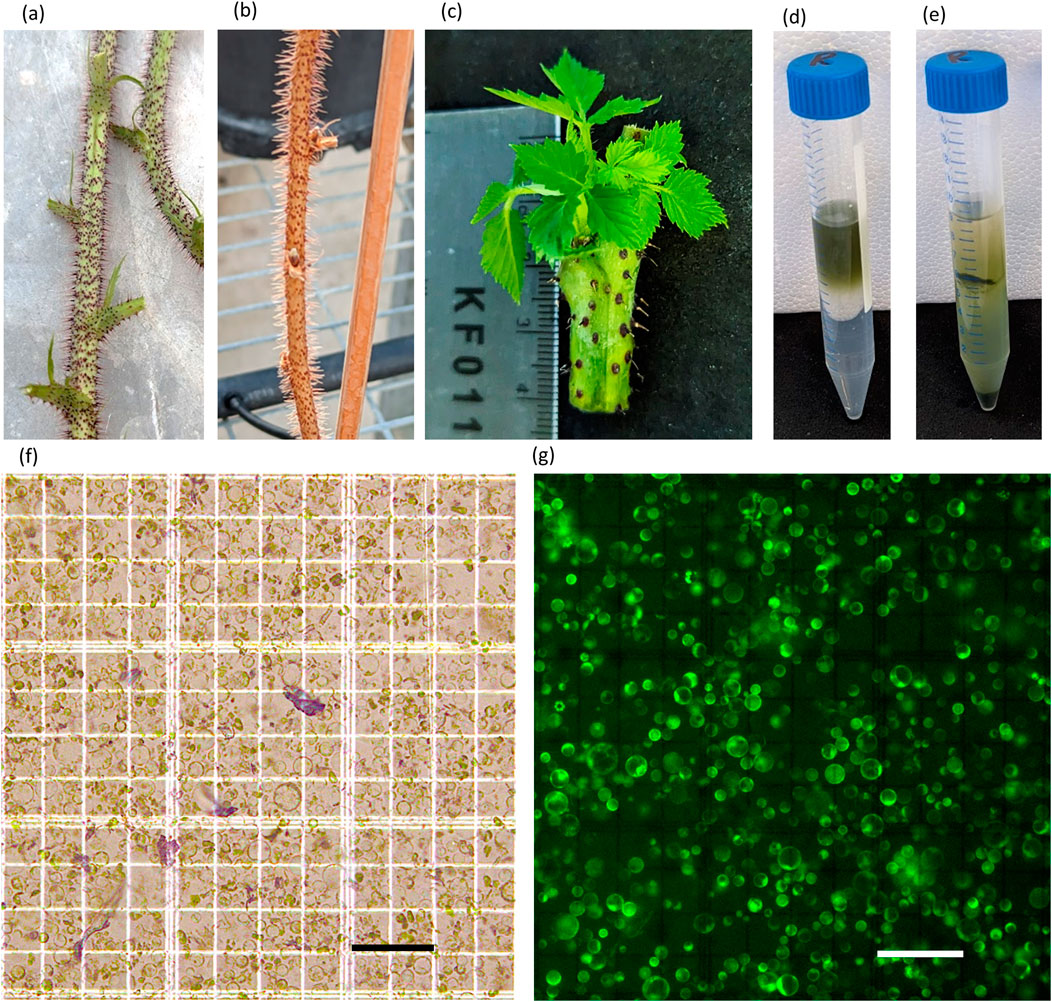Breakthrough in Raspberry Shelf-Life Using DNA-Free CRISPR
Researchers at Cranfield University have achieved a breakthrough in extending raspberry shelf-life using DNA-free CRISPR gene editing, potentially enabling faster, non-GMO variety development and reducing postharvest losses.

A team at Cranfield University's Centre for Soil, Agrifood and Biosciences has published the first peer-reviewed study demonstrating successful DNA-free CRISPR-Cas9 gene editing in red raspberries, marking a significant advance in fruit preservation and crop sustainability. The study, released on September 12, 2025, in Frontiers in Genome Editing, details a method for editing single plant cells from sterile raspberry microplants, with the aim of developing cultivars resistant to grey mold—a major cause of spoilage and postharvest loss in raspberries[1].
DNA-Free CRISPR: Precision Without GMO Labels
Unlike traditional genetic modification, DNA-free CRISPR technology allows scientists to make precise changes to a plant's genome without introducing foreign DNA. This approach uses RNA and protein complexes to target and edit specific gene sequences, after which the plant naturally repairs the cut, resulting in a subtle genetic change. Because no foreign DNA is inserted, the resulting plants are genetically indistinguishable from those produced by conventional breeding, enabling them to retain non-GMO status—a key factor for consumer acceptance and regulatory approval[1].
The Cranfield team targeted the NPR1 gene, previously shown to boost resistance to grey mold in tomatoes. By editing this gene in raspberries, researchers anticipate a significant extension of shelf-life and a reduction in retail shrinkage. "Precision breeding techniques are essential for tackling food waste, improving food sustainability and nutrition, and lowering the cost of food," said lead researcher Ryan Creeth[1].
Accelerating Breeding and Commercialization
Traditional raspberry breeding is a lengthy process, often taking more than a decade due to complex cross-pollination and field selection requirements. The DNA-free CRISPR method could reduce this timeline to about twelve months, enabling much faster progression from laboratory research to field trials and eventual commercial release. This acceleration is particularly important for addressing urgent challenges in food supply chains and reducing waste[1].
Despite the promise, the researchers note that regenerating full raspberry plants from edited single cells remains a technical hurdle. While routine in crops like rice and tomatoes, this process is more complex in raspberries and will require further research before large-scale adoption is feasible. "More research is required, particularly with the regeneration of gene-edited raspberry plants," Creeth emphasized, but the breakthrough represents a promising start for one of the UK's most popular soft fruits[1].
Implications for Food Sustainability and Industry
The successful application of DNA-free CRISPR in raspberries could have wide-reaching implications for the fruit industry, potentially reducing postharvest losses, improving supply chain efficiency, and supporting sustainability goals. By enabling faster development of disease-resistant varieties without the regulatory and market barriers associated with GMOs, this technology may help lower costs and improve nutrition for consumers. The study has drawn attention from both local and international agricultural sectors, highlighting the UK's leadership in precision breeding and food innovation[1].
No significant mis- or disinformation has been reported in coverage of this event. The findings have been independently confirmed in a peer-reviewed journal and widely reported by local and international outlets.